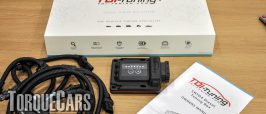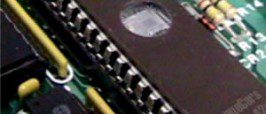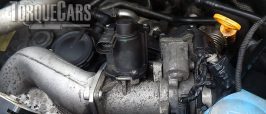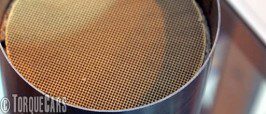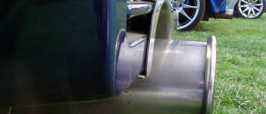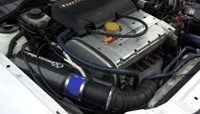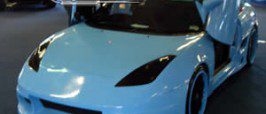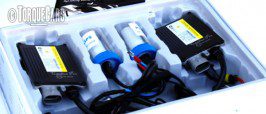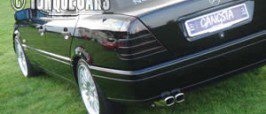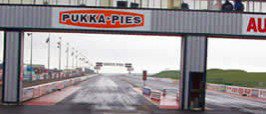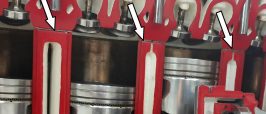Bristol Tuning Tips and Modifications
Maximise your Bristols driving pleasure
Thank you so much for visiting TorqueCars, we love Bristol’s and see quite a few interesting projects.
If you are looking to build the ultimate Bristol then you’ve found the right place.
Our tuning tips and articles for the Bristol cover all the best mods and latest tuning methods to help you build a great modified Bristol.
With the help of our forum members, industry professionals and seasoned car modders we present a best practice guide to modding your Bristol.
Please join us in our forums, we love to hear what members are up to and it helps us spot trends so that we can ensure the site is always covering the latest and greatest tuning topics.
Feel free to drop a tip or suggestion on the comments box at the bottom of each and every article, this feedback is greatly valued and helps us refine our articles.
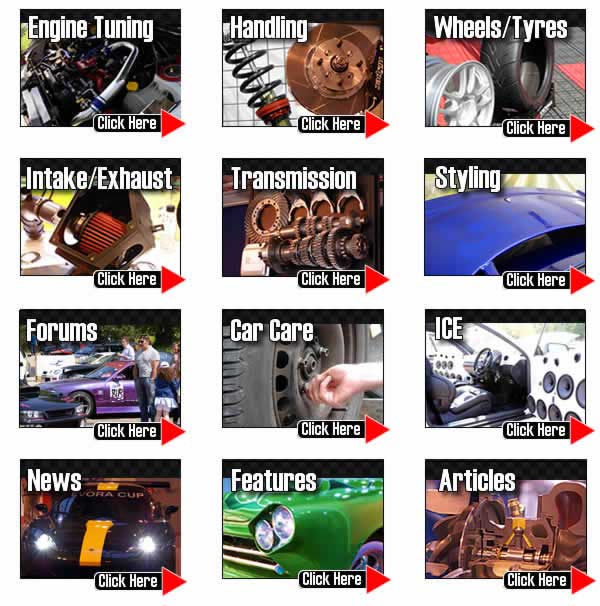
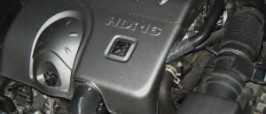
The particulate filter is a stand alone unit. It is located upstream of the cat in the exhaust system and its purpose is to remove soot particles from the gas stream. The cat the proceeds to do its usual job of converting CO to CO2 and is in no way dependent or relied upon by the particulate filter.
In diesels the cats are two way devices and run in unregulated mode (ie. no O2 sensor like a petrol car).
Quick shift gearstick quickshift kits
Being able to change gear as quickly as possible can make a big difference in time critical situations like drag racing and even track day racing.
The slowest component in any car is the driver and there is little that can be done to improve that. A quick shift kit will help to give you the competitive edge by enabling faster gear changes and allowing more ‘feel’ by reducing play.
Ceramic exhaust coatings and exhaust wrap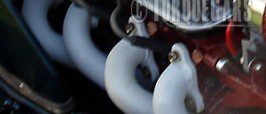
Under bonnet temperatures are one of the biggest performance killers around.
Quite simply, you want your engine to be sucking in cold air as this carries more oxygen and will allow you to burn more fuel.
The exhaust system is one of the contributors to under bonnet temperatures. You can therefore lag the exhaust to help prevent this heat soak into the engine bay.
Principles of porting an engine and big valve conversions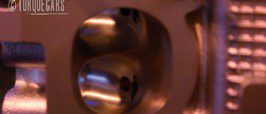
The inlet and outlet ports on the engine block are usually larger than those of the manifolds that connect to them.
This allows for scope in the manufacturing process to allow for mismatched alignment.
Generally the engine ports are larger in the upstream flow direction avoiding turbulance but power gains can be made by matching these up.

